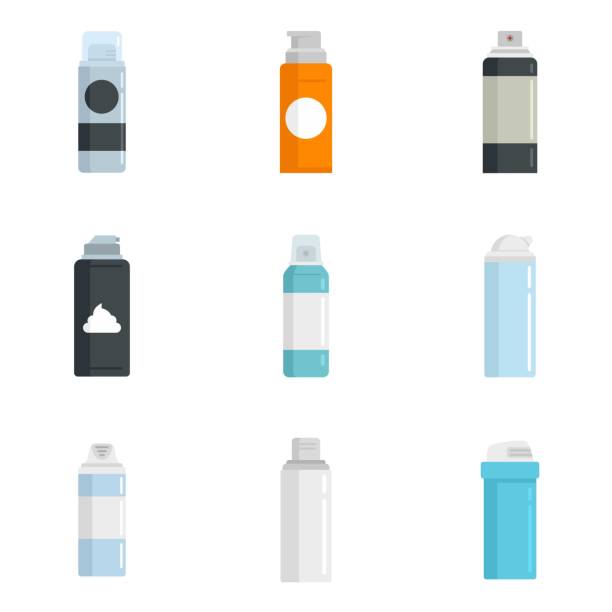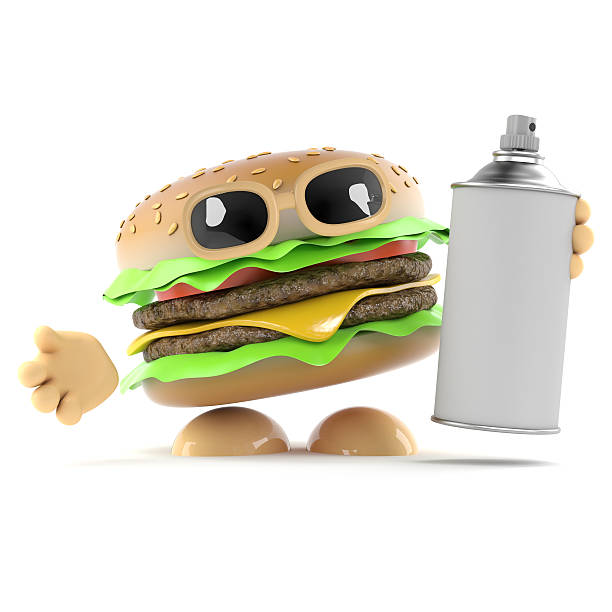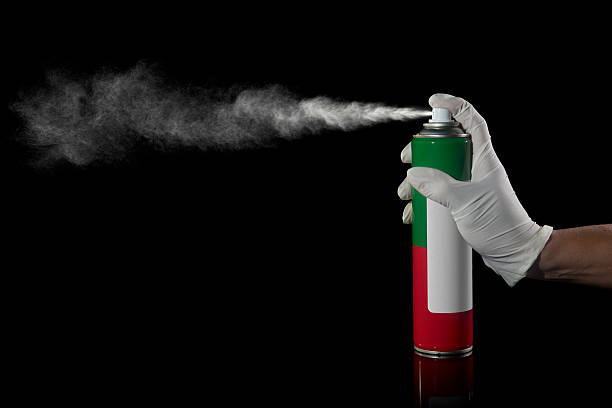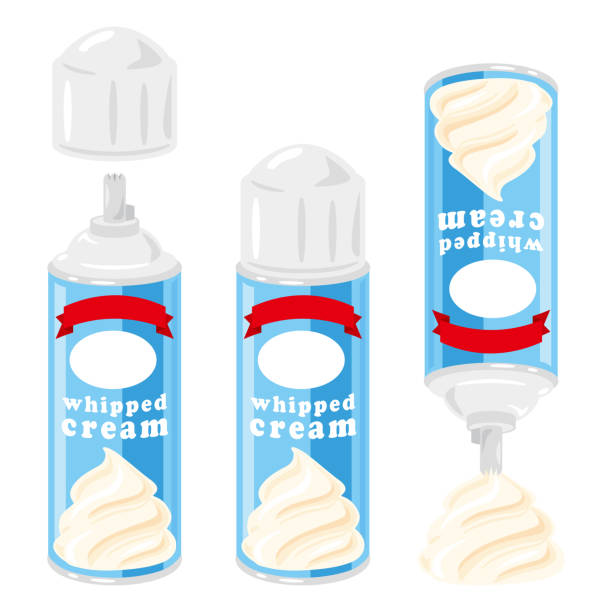Ever stood at the airport, suitcase in hand, and wondered, “Can I bring my favorite hairspray on this flight?” Trust me, you’re not alone. With all the rules and regulations swirling around, it’s easy to get confused. Let’s dive into the question that are aerosol cans allowed on airplanes, so you can pack confidently and avoid any last-minute surprises.
What Are Aerosol Cans and Their Types?
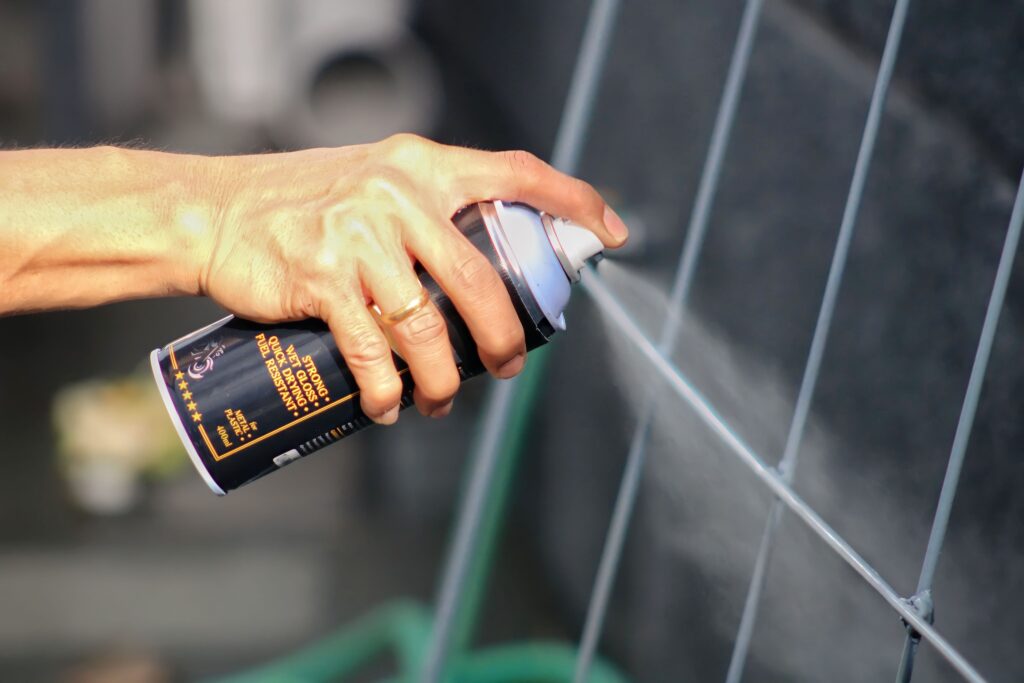
What are aerosol cans, or aerosol spray cans? They are those nifty containers that dispense products in a fine mist. They’re super handy for everything from beauty products to household cleaners. Essentially, an aerosol can is a metal canister that holds a liquid product under pressure, which is released as a fine spray when the nozzle is pressed. This makes it convenient for even application of various products.
You’ll find aerosol cans in many forms: déodorants, laques, désodorisants, insect repellents, and even cooking sprays. They’re pretty much a staple in most homes. For personal care, deodorants and hairsprays are the go-to products. In the household, air fresheners and cleaning sprays help keep things tidy and smelling fresh. In the garage, you might find spray paints and lubricants. These tin aerosol cans are versatile, making everyday tasks easier and more efficient.
Airline Policies on Aerosol Cans
Bombes aérosols are everywhere in our daily lives, but when it comes to air travel, there are some specific rules you need to follow. Whether it’s a can of deodorant or an aerosol tin can of air freshener, the regulations can vary.
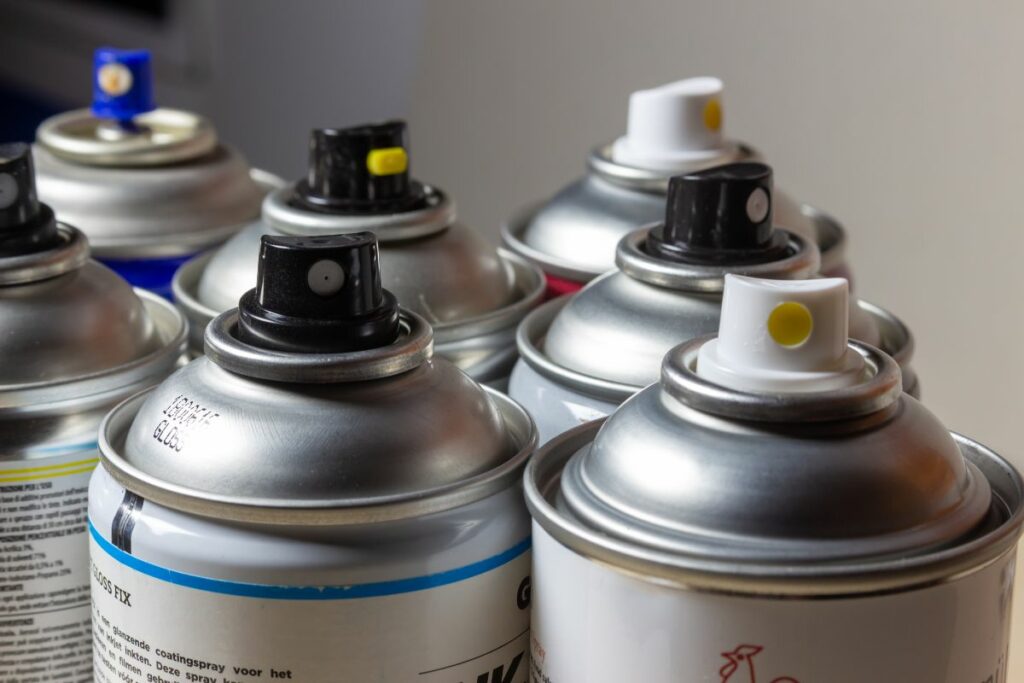
General Guidelines
Most airlines allow aerosol cans, but there are limits. The rules can depend on whether you’re packing them in your carry-on or checked luggage. Par exemple, while small personal care aerosols like deodorants and hairsprays are typically allowed in carry-ons, larger cans need to be stowed in checked bags. This ensures that the pressurized cans don’t pose a risk in the confined cabin space.
Differences Between Airlines
Each airline has its own set of guidelines. It’s always a good idea to check with your specific carrier before you pack your aerosol spray bottle. Some airlines might have stricter policies or additional requirements, especially for international flights. Par exemple, low-cost carriers might have more stringent restrictions due to their limited baggage policies. Always double-check the airline’s website or contact their customer service for the most accurate information.
TSA Regulations on Aerosol Cans
Carry-On vs. Checked Luggage
The Transportation Security Administration (CST) has clear rules. Aerosols in carry-ons must be in containers of 3.4 onces (100 milliliters) or less. Anything bigger should go in checked luggage. This rule applies to all liquid, gel, and aerosol products to minimize the risk of spills and security concerns. In your checked luggage, you can bring larger aerosol spray cans, but they still need to comply with specific guidelines to ensure safety.
Size and Quantity Limits
You can bring larger aerosol spray cans in your checked baggage, but they must not exceed 18 ounces per container, and the total per person should not exceed 70 onces. This includes all aerosols combined, such as deodorants, laques, shaving creams, and other spray products. These limits help prevent the risk of fire or explosion due to the pressurized nature of aerosol cans.
Types of Aerosols Allowed on Airplanes
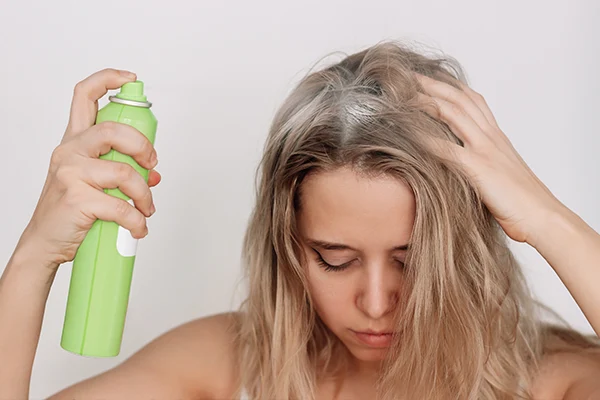
Produits de soins personnels
- Déodorants: Oui, you can bring aerosol deodorants. Just make sure they meet the size requirements for carry-ons if you’re planning to bring them in your hand luggage. Aerosol deodorants are a travel essential for many, especially on long flights.
- Laques pour cheveux: Hairsprays are a go, but remember to pack them properly. They should be within the size limits and securely stored to prevent leaks.
- Shaving Creams: Shaving creams in aerosol form are also allowed. No one wants a messy face on vacation! Just ensure they’re packed according to the rules.
Medicinal Products
- Inhalers: Inhalers are crucial for many people and are allowed on board. These are essential for individuals with respiratory conditions and must be accessible during the flight.
- First Aid Sprays: First aid sprays are permitted too, as long as they fit the size guidelines. These can be handy for minor cuts and scrapes while traveling.
Produits ménagers
- Air Fresheners: Bringing an air freshener? No problem, just check the size. A small aerosol tin can of air freshener can make your hotel room or Airbnb feel more like home.
- Cleaning Sprays: Cleaning sprays are typically okay in checked luggage but avoid packing anything overly flammable. This ensures safety and avoids any potential issues with flammable substances.
Types of Aerosols Prohibited on Airplanes
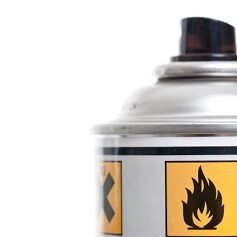
Flammable Aerosols
Flammable aerosol cans, like peinture à la pulvérisation or certain cleaning products, are a no-go. These pose a significant risk due to their highly flammable contents. It’s best to leave these at home or find non-aerosol alternatives for your travels.
Hazardous Chemicals
Any aerosol containing hazardous chemicals is also banned. Safety first! This includes products like certain bug sprays or industrial cleaning agents that could be dangerous if they leak or are mishandled.
How to Pack Aerosol Cans for Air Travel
Packing in Carry-On Luggage
For carry-ons, make sure your aerosol spray cans fit into a quart-sized bag. It keeps things organized and TSA-friendly. En plus, this transparent bag makes it easier for security officers to inspect your items quickly.
Packing in Checked Luggage
In checked luggage, pack aerosol tin cans carefully to prevent leaks and spills. A little extra padding goes a long way. Wrap them in clothing or place them in sealed plastic bags to contain any potential leaks. This precaution will save your belongings from getting ruined.
Safety Tips for Traveling with Aerosol Cans
Preventing Accidental Discharge
To avoid accidental discharge, use caps or seals on your aerosol spray cans. No one wants a suitcase full of shaving cream. Ensure that the nozzle is secure and not exposed to pressure that could cause it to spray accidentally.
Dealing with Leaks
If you’re worried about leaks, wrap your aerosol cans in plastic bags. It’s a simple trick to save your clothes from getting ruined. This extra layer of protection can prevent any potential mess.
International Travel Considerations
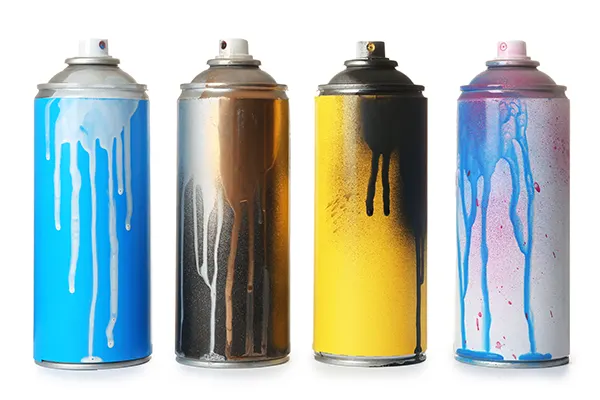
Regulations in Different Countries
Traveling abroad? Other countries might have different rules for aerosol spray bottles. Always check local regulations. Some countries might have stricter rules or bans on certain types of aerosols, so it’s important to be informed before you travel.
Customs Declarations
Declare any aerosol cans if required. Better safe than sorry! Some countries require you to declare all aerosols, even if they’re permitted, to ensure compliance with their regulations.
Conclusion
Navigating the world of aerosol cans and air travel can seem daunting, but with a bit of preparation, you can pack your favorite products without a hitch. Remember to always check the latest TSA and airline regulations before you fly, and consider packing alternatives or travel-sized options to make your journey smoother. Whether it’s a trusty aerosol tin can of deodorant or an essential aerosol spray bottle of sunscreen, knowing the rules ensures you’ll be prepared and stress-free. Safe travels and happy packing!
FAQ
Can I Bring Aerosol Sunscreen on a Plane?
Oui, you can bring aerosol sunscreen. Just follow the size guidelines for carry-ons. Sunscreen is essential for many travelers, especially when heading to sunny destinations.
Are Spray Paints Allowed in Checked Baggage?
Non, spray paints are typically prohibited due to their flammability. These items pose a significant risk and should be left at home or shipped separately.
What Happens if I Bring a Prohibited Aerosol?
If you bring a prohibited aerosol, it will be confiscated. You might also face fines or delays. It’s best to double-check your items before heading to the airport to avoid any issues.















